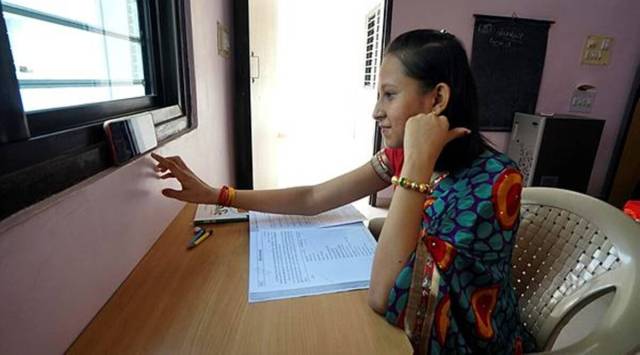
Between 40 million and 160 million women globally may need to transition to new occupations by 2030, often moving into higher-skilled roles to prepare for the Fourth Industrial Revolution. The era of automation and artificial intelligence (AI) presents new job opportunities and pathways for economic growth, but women face additional challenges due to existing marginalization in traditional fields. To navigate this disruption, women must be equipped with skills, mobility, and tech-savviness, and will require targeted support to progress.
The IE Thinc series, focusing on gender, aims to future-proof the female workforce through its session titled, “Women, the Future of Work: Upskilling for a post-pandemic world.”
Women’s jobs are more likely to be partially automated rather than completely displaced by automation. By 2030, women could see a 20% increase in job opportunities compared to current levels, with growth expected in sectors such as healthcare, manufacturing, retail, and scientific and technical services. The rapidly expanding healthcare industry, in particular, could offer 25% of potential job gains for women.
Technology adoption should be viewed as a facilitator that reduces the need for physical proximity. Women who seize transition opportunities may maintain their current share of employment, while those who do not may exacerbate gender inequality in the workforce. A panel discussion featuring Abhishek Singh, Farzana Haque, Madhu Singh Sirohi, Ritu Dewan, and Ved Mani Tiwari will explore the inherent opportunities and gaps that need to be addressed.







